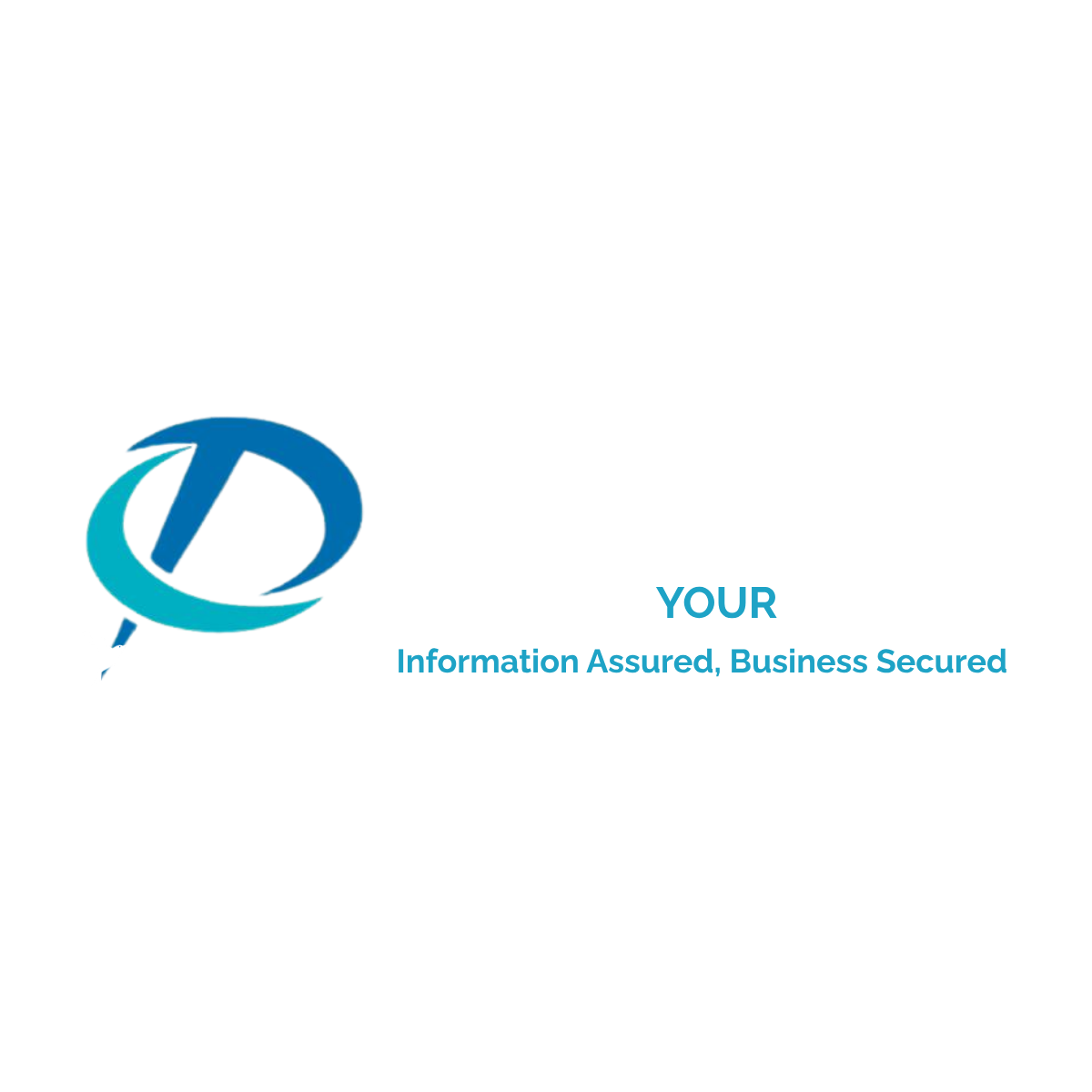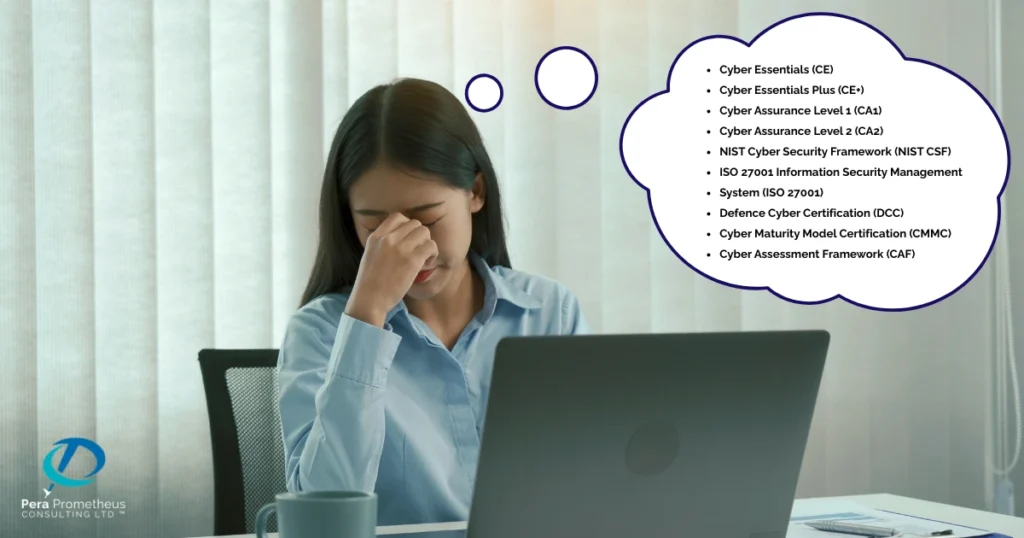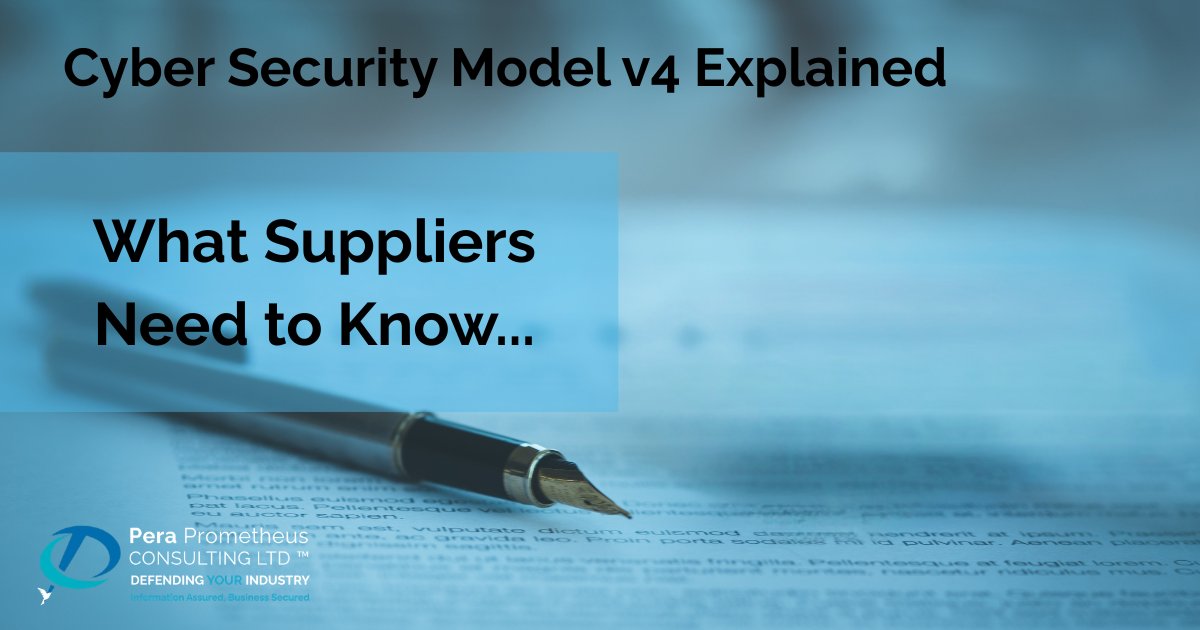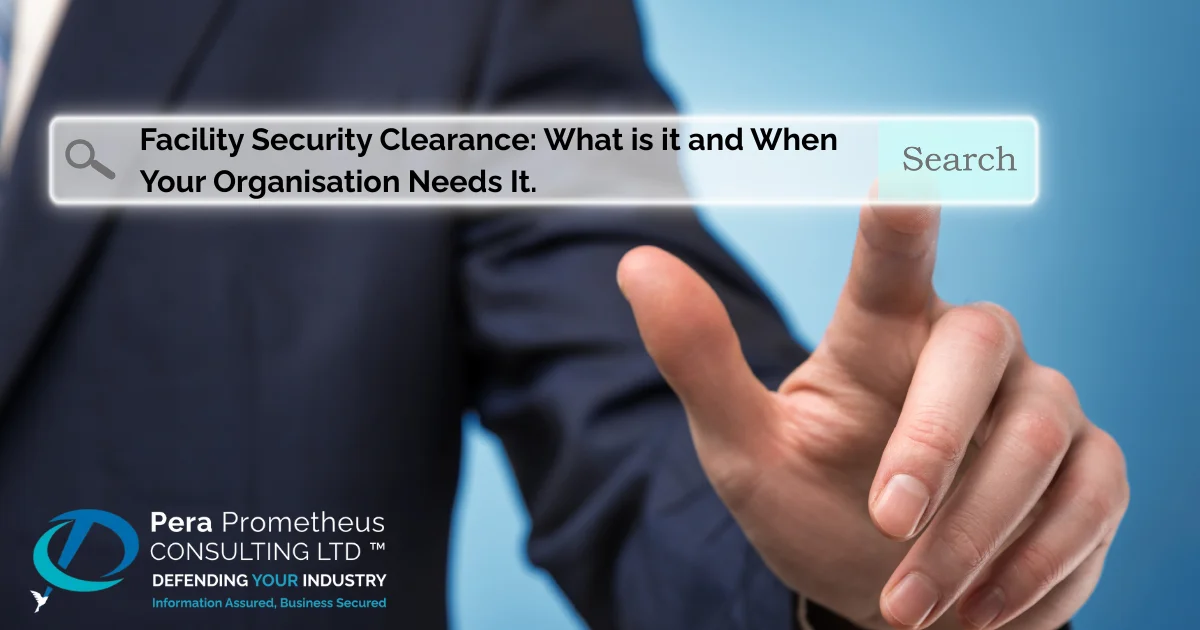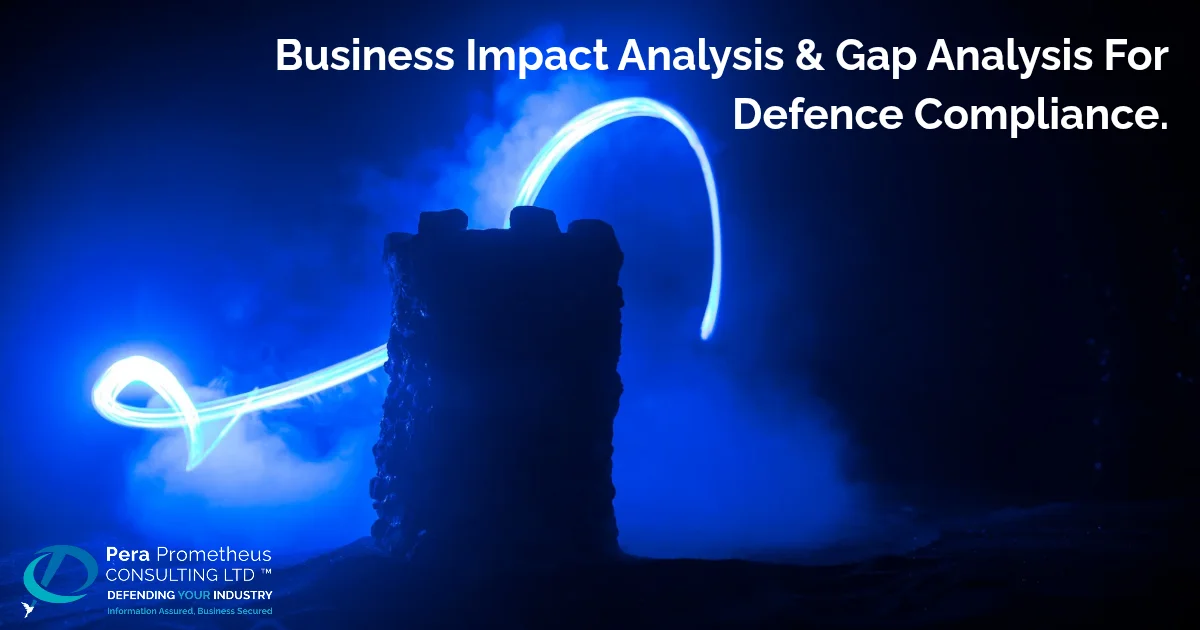I understand that the sheer number of information and cybersecurity certifications available to businesses can be overwhelming, but each certificate does actually lend itself to certain requirements and add value. The challenge is – How do you choose which certificate, or more likely, which certificates, are best suited to supporting your business needs?
The first rule is this:
Don’t choose a certification without conducting a Business Impact Analysis (BIA)!
Many businesses embark upon a chosen certification pathway before understanding what information they are protecting and its value to their business and stakeholders. Surely, no other purchase or financial commitment would be made in the business without understanding the costs and benefits, so why do this with your information and data security? I understand that some certificates are requested, even mandated, by stakeholders/clients which in itself may go some way to justifying the requirement. However, selecting a certification without going through the very quick process of a BIA will most likely result in:
- A lack of understanding of the value of your information, leading to;
- Selection of a certification that may not meet your requirements due to;
- Over-protection – You are spending too much money on your information and cybersecurity while introducing unnecessary restrictions on your working practices which may constrain and restrict your business.
- Under-protection – You feel that because you have an information and cybersecurity certificate you are protected, when you are not actually protecting the right information to the correct level;
- Lack of “buy-in” from senior leadership leading to the development of a poor security culture and exposure of the business to compromise.
Once you understand your requirements, you then need to choose the certificate(s) which are most suitable for you. Here is an overview of the main certificates that Pera Prometheus is regularly involved in:
IASME (Information Assurance for Small and Medium Enterprises):
-
- Cyber Essentials;
- Cyber Essentials Plus;
- Cyber Assurance Level 1;
- Defence Cyber Certificate;
- ISO 27001;
- NIST Cybersecurity Framework.
Read more: Business Impact Analysis
Why Conduct a Business Impact Analysis?
A BIA is a vital tool that helps organisations prepare for and respond to potential disruptions by identifying critical information creation, sharing and management activities, assessing the effects of those disruptions, and prioritising recovery efforts. A well-executed BIA ensures that businesses can maintain operations and recover swiftly when unexpected events occur. It enables you to identify essential business processes, determine the value of your data, and evaluate the potential impact of a data breach or security incident.
Without a BIA, you risk either overprotecting your data, investing excessively in controls that may hinder productivity, or under protecting it, leaving vulnerabilities that could result in costly breaches. Conducting a BIA in the right way provides a clear understanding of which information and assets need protection, what measures should be implemented, and which certification is best suited to meet your compliance and operational needs. Even better, these findings are established by understanding your business objectives, critical functions, stakeholders and supply chain.
At Pera Prometheus, we’ve seen businesses fall into the trap of chasing certifications to appease clients without understanding their actual needs and potential impacts upon their business. If your business does not have the in-house skills to conduct a BIA, then it is wise to seek support from expert consultants like us. Tapping into the knowledge and expertise of a security consultant will save time and money in the longer run.
However, as a security consultant and veteran, I always remind my clients that achieving certification and maintaining compliance are not enough if the principles are not embedded into daily operations. Security is not a one-off exercise; it is an ongoing ‘through-life’ process that must be instilled into the culture of your business.
Overview of Cybersecurity Certifications
At Pera Prometheus, we regularly guide businesses through a range of security certifications, helping to determine which best aligns their specific needs. Below is a snapshot of information on the main certificates that we are regularly involved with, but we encourage you to explore our blogs for more in-depth knowledge or get in touch with our team for personalised guidance.
IASME Certifications: The IASME framework, endorsed by the UK’s National Cyber Security Centre (NCSC), offers accessible and practical cybersecurity certifications, particularly for Small and Medium-sized Enterprises (SMEs).
- Cyber Essentials: Is a UK Government-backed certification scheme, overseen by the National Cyber Security Centre (NCSC) and delivered by IASME. It is achieved via a verified self‑assessment questionnaire, reviewed by IASME-accredited assessors. It is affordable, straightforward, and serves as a strong starting point for SMEs and suppliers to government contracts seeking basic cybersecurity assurance. It centres on five core controls designed to protect organisations from common cyber-attacks. These core controls include:
- Firewalls and internet gateways
- Secure configuration
- User access control
- Malware protection
- Security update (patch) management
- Cyber Essentials Plus: Builds on the same technical framework as Cyber Essentials and begins with the same self‑assessment questionnaire but includes a technical audit of the IT system to ensure controls are in place. The audit covers a representative set of user devices, all internet gateways, and all servers with services accessible to the internet. Cyber Essentials Plus offers a higher level of assurance, the pass criteria is stricter, and non-conformities must be remediated before certification is awarded. Certification is valid for 12 months and must be renewed annually. In order to be eligible for Cyber Essentials Plus you must have attained Cyber Essentials certification within the past 3 months.
- Cyber Assurance Level 1: Is a flexible, affordable cybersecurity certification focused upon Governance, Risk and Compliance (GRC) designed for businesses of all sizes, particularly SMEs. Overseen by IASME, it’s a verified self-assessment question, reviewed by an independent assessor, focusing on key security measures like incident response, staff training, and data protection. It’s an ideal starting point for UK businesses seeking to demonstrate robust cybersecurity compliance without the complexity of larger frameworks such as ISO 27001 or NIST. Certification requires an annual resubmission and a valid Cyber Essentials certification as a prerequisite, ensuring a strong foundation for protecting customer data and meeting regulatory requirements
- Cyber Assurance Level 2: Building on Level 1, it provides a higher level of assurance through an independent external IASME-assessor led, assessment. The audit includes staff interviews and observing activities in person or remotely (video call). It also includes documentation reviews to verify compliance with key areas like risk management, incident response, and GDPR-aligned data protection. It’s ideal for businesses with complex data environments or those needing to demonstrate advanced data breach prevention to clients. Level 1 certification and a valid Cyber Essentials certification are required prerequisites.
- Defence Cyber Certificate (DCC): Is a comprehensive cybersecurity framework for UK defence suppliers, developed by the UK Ministry of Defence (MoD) and IASME. As a business owner in the defence sector, this certification is viewed as a useful means for:
- Demonstrating your business’ conformance to DEFSTAN 05-138 (Issue 4).
- Demonstrate your commitment to cyber resilience and securing sensitive data to clients and partners with whom you need to collaborate.
DCC involves a point-in-time assessment of your organisation’s cybersecurity controls, with annual check-ins and re-certification every three years. All levels require Cyber Essentials as a foundation, with Levels Two and Three requiring the more rigorous Cyber Essentials Plus and other controls which draw their inspiration form the NIST 800-171 standard. DCC is advantageous for businesses bidding on UK defence contracts, showcasing robust data breach prevention and strengthening supply chain resilience.
Read more: Defence Cyber Certification
ISO 27001: It is the international standard for Information Security Management Systems (ISMS), ideal for businesses seeking robust information and cybersecurity. Businesses achieving ISO 27001 demonstrate their commitment to protecting information through a systematic approach to risk management, controls, and continuous improvement. It’s suitable for organisations of all sizes, especially those handling large volumes of data or needing GDPR compliance. The certification process involves a detailed audit by an accredited body, assessing policies, procedures, and technical measures like access controls and incident response. Certification is valid for three years, with annual surveillance audits. ISO 27001 enhances client trust and competitiveness, particularly for businesses in regulated sectors.
NIST Cybersecurity Framework: Developed by the US National Institute of Standards and Technology, a voluntary, flexible framework designed to strengthen cybersecurity across organisations. It provides a structured approach to managing cyber risks through five core functions: Identify, Protect, Detect, Respond, and Recover. These functions guide organisations in assessing their assets and risks, implementing protective measures, monitoring for threats, responding to incidents, and recovering effectively. Unlike formal certifications, NIST is not audited but can be tailored to align with standards like ISO 27001 or Cyber Essentials, making it suitable for businesses seeking adaptable cybersecurity compliance. It’s particularly valuable for UK organisations with international operations or in regulated sectors.
Aligning Certifications with Your Business Needs
Above are the short explanations of the different certifications which Pera Prometheus supports businesses to implement. However, choosing the right certification depends on your business size, sector, and the outcomes of your BIA. For example, an SME bidding for a government contract might start with Cyber Essentials to meet basic requirements, while a financial services firm handling sensitive client data might opt for ISO 27001 to ensure comprehensive protection and GDPR compliance. Similarly, a defence supply chain contractor would prioritise Defence Cyber Certification to align with UK government cybersecurity standards. Failing to align certifications with your needs can lead to costly mistakes.
Where multiple certifications and standards need to be adhered to, you may wish to consider incorporating an Integrated Business Management System (IBMS) to effectively and efficiently manage them.
My Advice
Information and cybersecurity should matter to your business, if it doesn’t I would suggest that you don’t have a clear understanding of the value of the information you hold. One thing is for certain, organisations with a responsible approach to information and cybersecurity are becoming increasingly valuable UK businesses as they endeavour to secure their supply chains. The key is to ensure you implement the right level of protection.
Start by understanding your business operations and identifying the valuable assets that require safeguarding, such as customer data or intellectual property. This clarity, often achieved through a Business Impact Analysis, allows you to pursue security compliance that aligns with your specific needs.
Don’t view security requirements as a burden. Instead, see them as opportunities to strengthen your business and developing a competitive advantage. By embracing evolving security challenges, you can build resilience into your operations, ensuring your organisation is prepared for threats. Security is more than a set of controls, it’s a mindset and culture that starts with leadership and flows throughout your team, fostering a proactive approach to security breach prevention.
Finally, you don’t have to navigate this complexity alone. Partnering with experts can simplify the process, allowing you to focus on running your business while experts handle the intricacies of Information and Cybersecurity certifications. Pera Prometheus has guided many businesses through the certification process, and we stand ready to support you.
